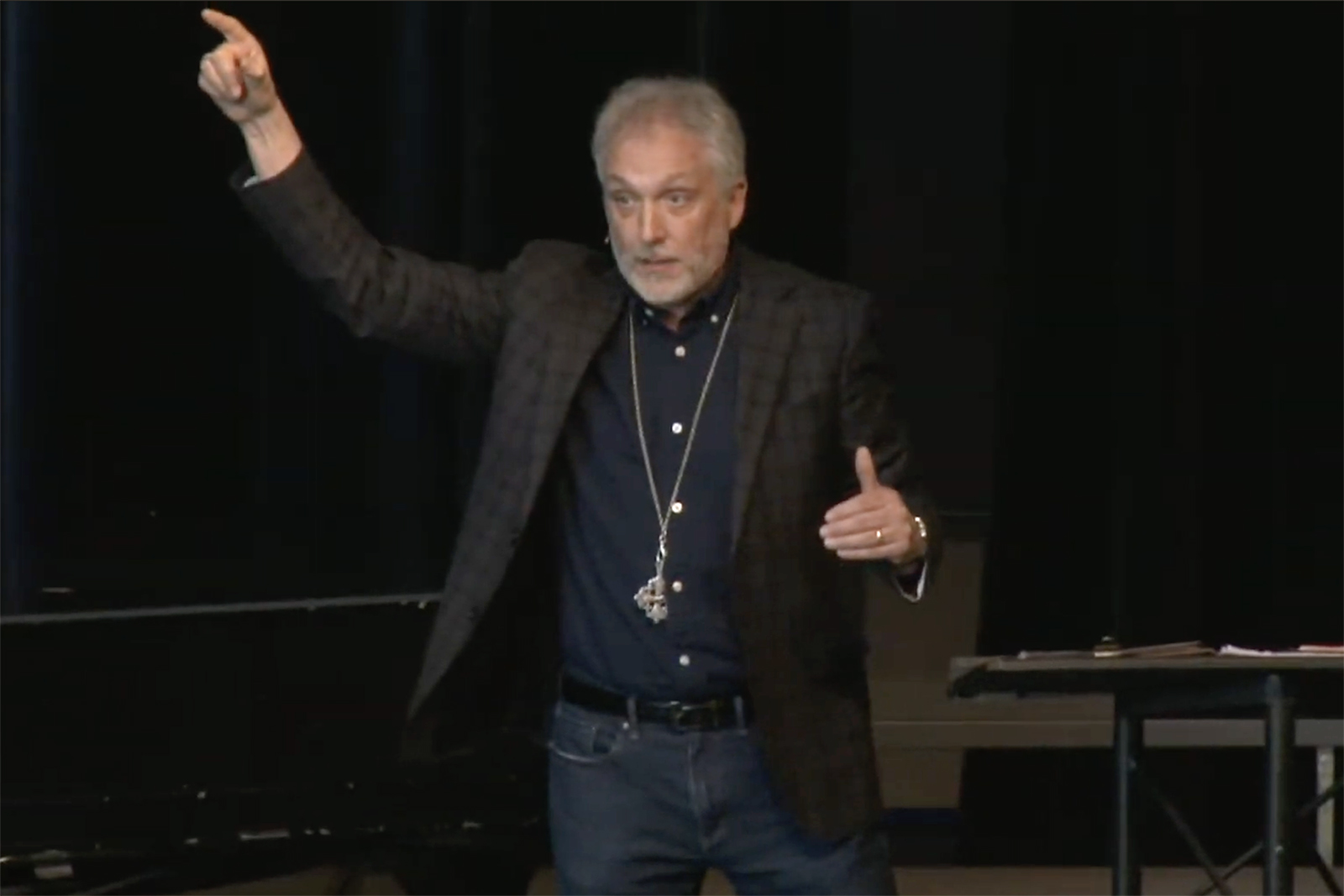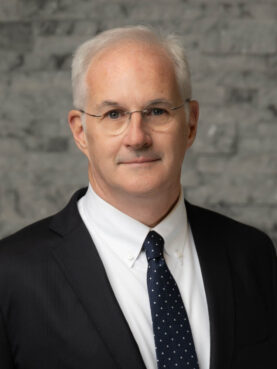
(RNS) — Three weeks after proceedings began in the Anglican Church in North America trial of Bishop Stewart Ruch, another prosecutor has been appointed — the third named to the role after the previous prosecutors resigned.
Thomas Crapps, a Florida-based lawyer with over 30 years of legal experience, will serve as provincial prosecutor, with Frank Shaw III as co-counsel, according to a Friday (Aug. 1) announcement from the denomination.
“Bringing justice to victims is my sole interest in this case,” Crapps said in the announcement. “I want to be crystal clear: if they have been sidelined in any proceedings to date, I am committed to faithfully representing their interests going forward.”
Ruch has been accused of failing to prioritize the needs of alleged survivors of abuse and of knowingly welcoming individuals with predatory behavior into churches in his diocese without alerting church members. The church trial, which has been rocked by controversy since it began, will determine whether Ruch neglected his duties as bishop and violated church bylaws.

Thomas Crapps. (Photo courtesy Meenan P.A.)
On July 18, five days into the trial, church prosecutor C. Alan Runyan resigned, causing the court to pause the proceedings until Aug. 11. He said a member of the court for Ruch’s trial had “irreparably tainted” the proceedings by engaging in a line of questioning based on evidence the court had previously decided was inadmissible.
Runyan’s assistant counsel, Rachel Thebeau, also resigned. She echoed Runyan’s concerns and accused members of the archbishop’s staff of giving the court member access to the inadmissible evidence. The court itself issued a rare public statement contradicting Thebeau and Runyan, saying all questions posed by court members were “appropriate.”
On July 22, ACNA Archbishop Steve Wood appointed a new prosecutor to represent the denomination, the Rev. Job Serebrov. However, advocates for abuse survivors in the denomination raised concerns about Serebrov’s suitability for the role. They noted he had received a certificate from, and endorsed, St. Paul’s House of Formation, an institution designed by the Greenhouse Movement. The Greenhouse Movement is a church-planting program that, until 2023, was under the jurisdiction of the Upper Midwest Diocese, which Ruch oversaw. At least seven cases of alleged abuse or misconduct that reportedly took place under Ruch’s purview involved Greenhouse Movement leaders. St. Paul’s House of Formation is also led by the Rev. Stephen Gauthier, who, in his capacity as canon theologian, advises Ruch on theological issues.
The chief legal officer of the denomination, Bill Nelson, examined the concerns and concluded there was no conflict of interest. On July 31, however, Serebrov resigned, noting in his resignation letter he had never “met nor spoken with” Ruch and had not spoken with those he studied with at St. Paul’s “for several years.”
“However, because of the importance of this trial, and after carefully praying about what is best to preserve the integrity of the province, I ask that you permit me to withdraw as Provincial Prosecutor so as to remove even the appearance of impropriety,” Serebrov wrote.
Crapps, a partner at the Meenan P.A. law firm in Tallahassee and an ACNA parishioner, had previously been appointed to serve as co-counsel alongside Serebrov. His newly appointed co-counsel, Shaw, is a founding partner at Smith Thompson Shaw Colón & Power, P.A., in Tallahassee.
Last week, in the wake of concerns raised by Thebeau, two of the denomination’s governing bodies issued a joint statement voicing confidence in the court’s ability to carry out the trial. Since then, at least two bishops have noted the statement was not unanimous; bishops who sit on the court for the trial and on the appeals court did not contribute.
